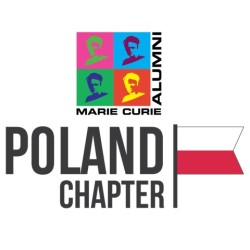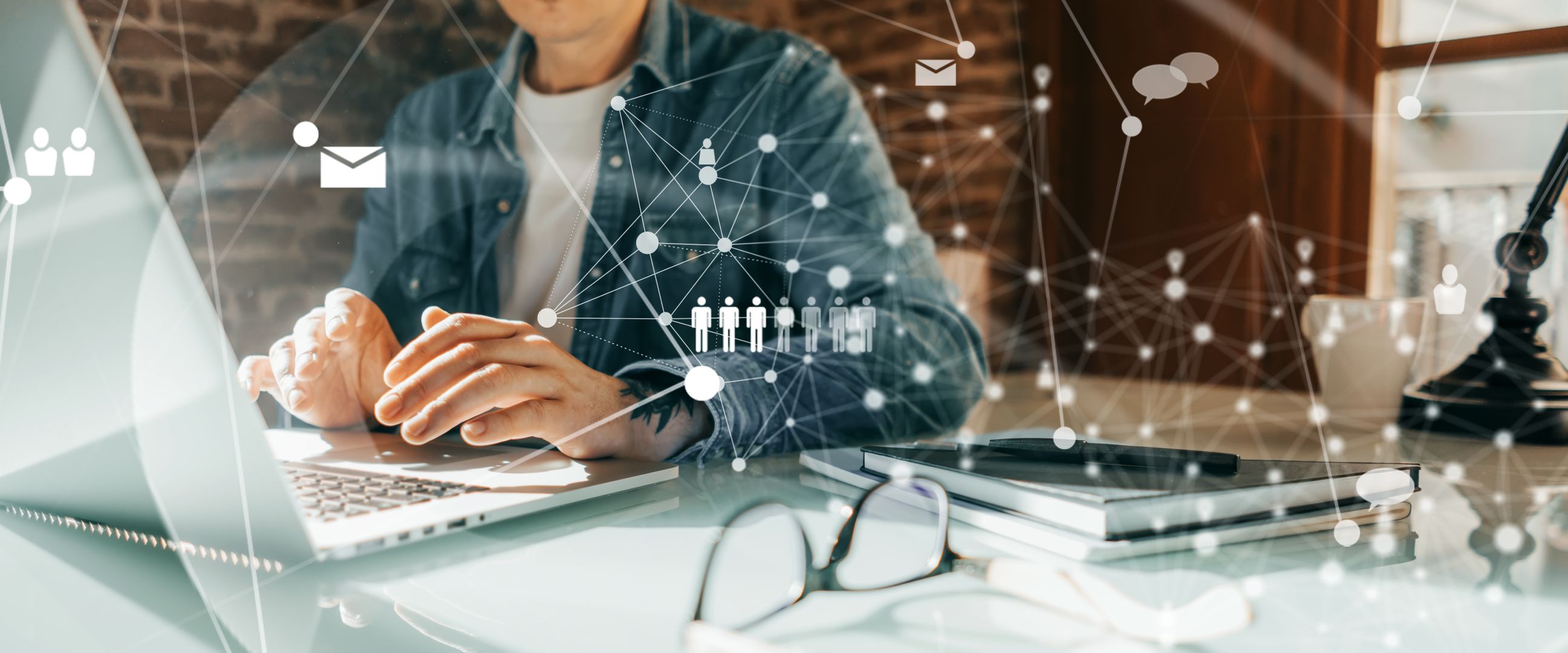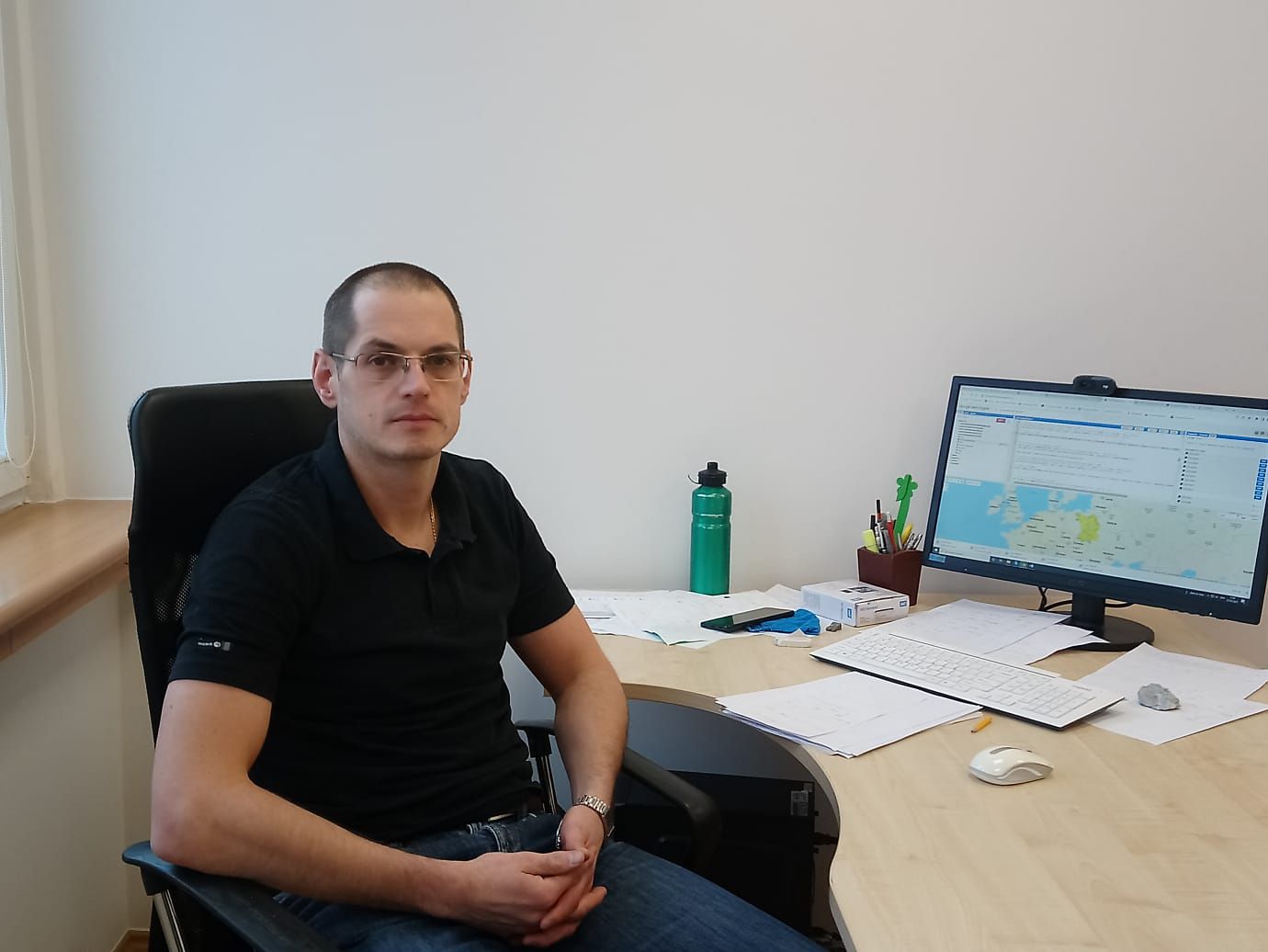News from the Chapters - Poland Chapter – Future networking opportunities with COFUND recipients
Newsletter

We caught up with Michael Nones, Chair of the Poland Chapter since September 2021. We discussed with him his plans for the Chapter and the perspectives of a potentially growing membership thanks to future COFUND recipients.


Michael Nones, in his own words
I am currently an associate professor at the Institute of Geophysics PAS, in Warsaw. Here my research focuses on river hydro-morphodynamics, integrating numerical modelling with monitoring, mainly via remote sensing.
I arrived in Poland in 2018, after many years of postdoc spent between Italy (where I was born) and Germany. I have been involved with MCAA since 2014, as I was an early- stage researcher (ESR) in an Innovative Training Network (ITN), and worked in a private engineering company in Germany, mostly dealing with river restoration and connected legislation.
Michael was living in Germany when he started his journey with the MCAA. Involved in the first steps of the Germany Chapter, our alumnus was keen in pursuing a good collaboration with the Association.
Trustful relationships between MCAA members
After having moved to Warsaw, he attended several of Poland Chapter’s hangouts, as well as the annual meeting in 2019. He also cultivated solid relationships with some of the MCAA members - especially the previous Chair of the Chapter, Rohan Soman.
“Networks like MCAA are very useful at any career stage. A major reason for my decision to apply to be the Chair of the Chapter was because I knew and trusted the people already involved in the Chapter. They helped me a lot before I became the Chair, and even more after having accepted the position,” he explains.
Connections and membership
Now that Michael is the Chair of the Poland Chapter, he aims to support and promote the presence of MCAA members in Poland, and also to attract researchers from abroad, offering them help and support. “I am trying to establish connections with scientific and funding agencies like the National Science Centre (NCN) and the Polish National Agency for Academic Exchange (NAWA),” adds Michael.
Currently, the Chapter has 146 members, but the chair hopes to increase this number. “Two COFUND programmes were recently financed in Poland and the calls for applicants are ongoing. Within these two programmes, it is planned to recruit 170 scientists between 2022 and 2023. We are in touch with the respective programme coordinators to provide these fellows with all the information to join the MCAA and our Chapter in particular,” he explains.
Hangouts and the Habilitation Workshop
Even though Michael has only been the Chair of the Poland Chapter since September 2021, he has already organised a few activities for members of the Chapter, like hangouts. Those events usually take place every 7th of the month, in a pub in Warsaw, to discuss the situation of the Poland Chapter, as well as science and society in Poland in general. “These informal meetings are a good opportunity for networking and planning future activities,” he says.
Michael also organised the annual meeting in January 2022 and the Habilitation Workshop. For our Alumnus, having such an event taking place was paramount. “This year we decided to organise the Habilitation Workshop as the legislation changed recently in Poland, and many young researchers are still struggling to understand the requirements to further develop their careers.”
Michael considers this event as a success, because 50 people attended, the majority not being MCAA members. “All the presentations were really well received. The first two speakers (Hubert Izdebski and Grzegorz Węgrzyn) discussed what researchers should and should not do to obtain their habilitation, while the third speaker (Katarzyna Pietruszyńska) presented the NAWA programme for mobility, as this is a major point in the new habilitation procedure,” he adds.

Looking forward
In the current pandemic context, Michael highlights the difficulties of chairing a Chapter whose ‘raison d’être’ is mainly based on offline connections. However, he is hopeful that the Chapter will carry on a significant number of activities.
“We are planning activities in the next months, such as co-organisation of conferences or roundtables, but the majority will be online, as the pandemic is still hitting hard in Poland. We are also involved in the MCAA Around the World webinar series, as the Poland Chapter will hold an event in June, focusing on engaging the young generations in science,” says Michael.
The Chair strongly encourages potential members to join the Chapter. “We are offering support for incoming and permanent researchers, and we would like to provide even more opportunities to meet and exchange knowledge to benefit society,” he concludes.
Aurélia Chaise
MCAA Editorial Team